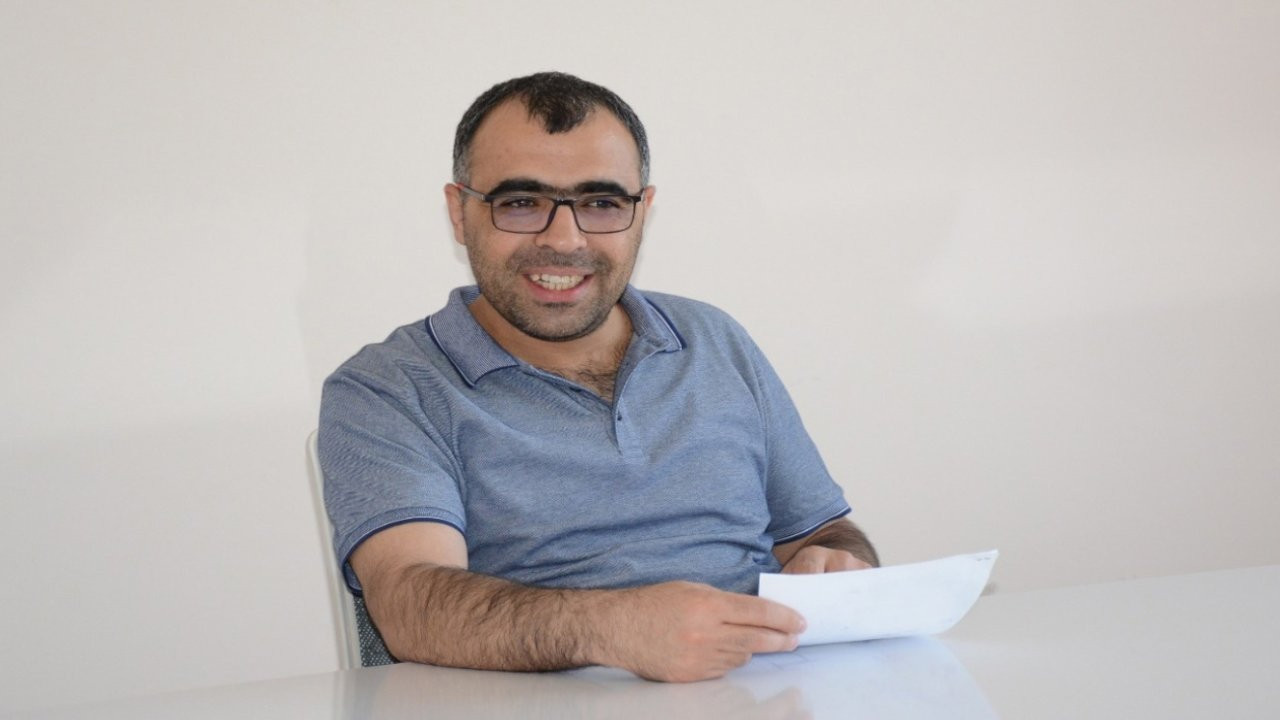Turkish high court overturns sentence of first journalist convicted under 'censorship law' in landmark decision
Turkey’s Court of Cassation has overturned the prison sentence given to Sinan Aygül, the first journalist to be sentenced under the "offense of publicly disseminating misleading information," also known as the “censorship law.”
Duvar English
Turkey’s Court of Cassation has overturned the 10-month prison sentence given to Sinan Aygül, the first journalist to be tried and sentenced to prison on the charge of "publicly disseminating misleading information.”
Article 217 of the Turkish Penal Code which entered into force on October 20, 2022, has been also considered a "censorship law" as it has been frequently used to target journalists.
The landmark ruling by the 8th Criminal Chamber of Turkey's highest appeal court declared that the legal elements of the offense for which Aygül was sentenced did not occur, warranting a verdict of acquittal. According to reporting by the online news outlet Artı Gerçek, this was the first reversal decision concerning the "offense of publicly disseminating misleading information."
Aygül was arrested on Dec. 14, 2022, due to his social media posts reporting the alleged sexual assault of a child. According to the court documents, he later deleted his post and apologized to the public for sharing the issue without confirming it.
Upon the objection of his lawyers, he was released about a week later. A local Turkish court sentenced Aygül to 10 months imprisonment in February 2023 using the said article. The appeal of Aygül and his lawyers to the regional court of appeals was rejected in May 2023.
"Considering the actions of the defendant in removing his post and sending correction messages as soon as he learned that his post was inaccurate and the statements he used as a whole (during his reporting), the court understood that he did not act solely with the motive of creating anxiety, fear or panic among the public. He used his right to report as a journalist and did not act with the intent to commit a crime," the court said.
The Court of Cassation's decision may set a precedent for other journalists on trial under the same article.
Data from the Media and Law Studies Association (MLSA) and the Journalists' Union of Turkey (TGS) reveal that the same article has been used intensively against journalists.
In the 18 months since the "censorship law" took effect, authorities have opened 47 investigations against 41 journalists for their news reports, comments, or articles. Ten journalists have been detained, and four have been arrested under these charges.
Additionally, 15 journalists have faced trial. While 13 others received a decision of non-prosecution, investigations about 18 journalists have been still ongoing.

 Turkish court arrests journalist under 'disinformation' law for first timeMedia
Turkish court arrests journalist under 'disinformation' law for first timeMedia Turkish journalist Sinan Aygül attacked by Tatvan Mayor's guards over corruption reportingMedia
Turkish journalist Sinan Aygül attacked by Tatvan Mayor's guards over corruption reportingMedia Journalist Sinan Aygül sentenced to prison for 'insulting' his attackers in TurkeyHuman Rights
Journalist Sinan Aygül sentenced to prison for 'insulting' his attackers in TurkeyHuman Rights